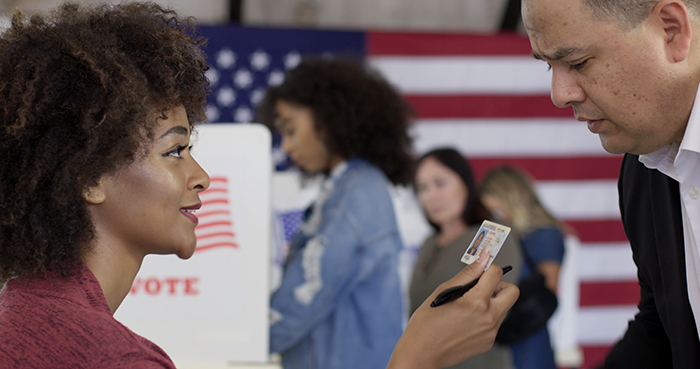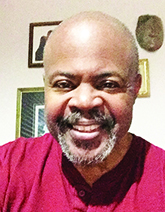
N.C. Voter Changes Now a Reality Going Forward

By Cash Michaels

Beginning with this fall’s local municipal elections, a series of changes to voting in North Carolina will take hold that you should be aware of.
Four hundred and seventy-five candidates for City Council and other local offices across the state will be running for office this September - October - November. Filing began last Friday and will end on July 21st at noon. These local contests will be the first since the Republican-led state Supreme Court reversed an earlier decision and mandated that voter photo identification be implemented throughout the state.
The NC State Board of Elections, which is scheduled to finalize a list of acceptable photo IDs from colleges and universities, has asked the NC General Assembly for $6.5 million in additional funding to properly educate voters about the new voter ID requirements and other election procedure changes. The legislature has not settled on a final budget yet, so it’s not known whether the board’s request will be honored.
One change that is known, however, is that voter ID will not only be required for in-person voting at the polls, but for those voting by mail-in absentee ballot as well.
Also, over 50,000 former felons will not be allowed to cast ballots in coming elections, thanks to a recent state High Court ruling.
Republicans, now touting veto-proof majorities in both the state House and Senate, are in the process of accelerating when mail-in ballots are to be accepted at local election boards, and even changing the makeup of local election boards, making them evenly split, and removing the governor’s appointment power.
Making the local and State Elections Board, evenly split, could cause problems where key decisions - like how many early voting sites should be opened in a county, or how many should be closed - would be deadlocked if a local board has a two Democrat/two Republican board, critics say.
And if the state Elections Board is also evenly split to the point where it can’t decide, then the matter would go to the courts.
The proposed voting changes don’t stop there.
GOP legislative leaders want new computer software employed so that voters’ signatures on mail-in absentee ballots can be cross-checked against signatures on file. A Democratic senator has recommended, and Republicans have agreed, to implement a pilot program during the 2024 primaries next March.
Democrats counter that there are several states, like Florida, where signature verification is a questionable technology at best, and has led to perfectly legitimate signed absentee ballots, especially from voters of color, being thrown out.
Among the other election changes being considered is requiring same day registration voters to cast a provisional ballot, which may or may not be counted.
Republicans in both the state House and Senate have also proposed that North Carolina does not join a multi-state system for maintaining accurate voter registration rolls called ERIC (Electronic Registration Information Center). ERIC was devised to track voters who have moved in-state, out of state, have multiple registrations or are deceased.
The GOP says the election changes are all about “restoring voter confidence” in North Carolina’s voting process.
Gov. Roy Cooper countered that the proposed changes are nothing less than an “unconstitutional power grab.”
Meanwhile, NC voter ID is not out of the legal woods yet.
A three-year-old federal case known as NC NAACP versus Cooper, challenging the constitutionality of voter ID, returns to a Greensboro courtroom on July 26th to determine how the case will proceed to trial. It has been dormant since July of 2022.
Finally, progressive groups celebrated the recent U.S. Supreme Court decision against North Carolina Republican lawmakers’ argument that state courts have no jurisdiction over legislative redistricting decisions affecting federal elections.
“This is a historic victory for the people of North Carolina and for American democracy, “said Bob Phillips, Executive Director of Common Cause North Carolina. “Today, the U.S. Supreme Court made clear that state courts and state constitutions should serve as a critical check against abuses of power by legislators. Now, we must ensure our state courts fulfill their duty to protect our freedoms against attacks by extremist politicians.”


